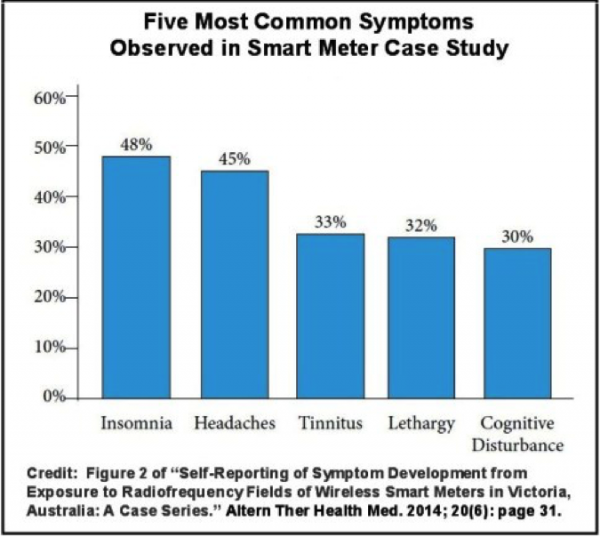PORTLAND — The Maine Supreme Judicial Court on Tuesday affirmed a state agency’s finding that advanced metering infrastructure, commonly known as “smart meters,” are not harmful to human health and safety. The decision ends a public dispute of more than five years over alleged health risks associated with the meters.
Lawsuit complainants, led by Bowdoinham resident Ed Friedman of the Maine Coalition to Stop Smart Meters, appealed the dismissal to the Supreme Judicial Court in 2012. The court sided with Friedman and voided that dismissal, effectively ordering the PUC to make a determination on the threat to health and safety posed by smart meters.
The PUC then spent 2 1/2 years investigating the safety of smart meters. In the end, the panel ruled that “the use of smart meters, as implemented by CMP, does not present a credible threat of harm to the health and safety of CMP’s customers, and based on the record of this proceeding is, therefore, safe.”
In a ruling written by Justice Andrew M. Mead, the justices agreed that Friedman’s argument – that any credible evidence of health risks precluded a decision of safety – would set “an impractically high threshold for ensuring safety, and as a result would render nearly all utilities unsafe.” [ed: So pressure to keep utilities status quo was optimal?]
As the Maine Coalition Against “Smart” Meters pointed out in their press release, the Court turned a statute that required safety into “a risk assessment evaluation of acceptable harm.”
Coalition spokesman and Plaintiff Ed Friedman had this to say:
“While the decision acknowledges over one hundred peer-reviewed scientific studies were reviewed by the Commission, what the Court doesn’t admit is over 1,000 peer-reviewed study citations and verbatim abstracts of supporting studies submitted into evidence by anti-smart meter activists were rejected by the PUC because ‘somehow we need to whittle down the amount of evidence.’ The Court has miserably failed the people of Maine, instead relying on CMP supplied evidence from the FCC [FCC exposure standards admitted by even the PUC to be obsolete and irrelevant],Trilliant [vendor for the smart meter project], Exponent [a well-known product defense firm], and the Maine CDC finding from 2010 [a 2-week rush job about which the CDC admittedly knew nothing and that predated both this investigation and the WHO classification of RF as a possible humancarcinogen].”“The Court ignored when they needn’t have, independent testimony from international experts on the credible threat of harm RF exposures at smart meter levels pose and instead chose to believe the “Marlboro Man” that smoking is good for us. The Law Court has despite ample evidence we were not legally required to submit [with the burden of proof on CMP] rejected Maine’s judicial maxim-the health of the people is the supreme law.”
